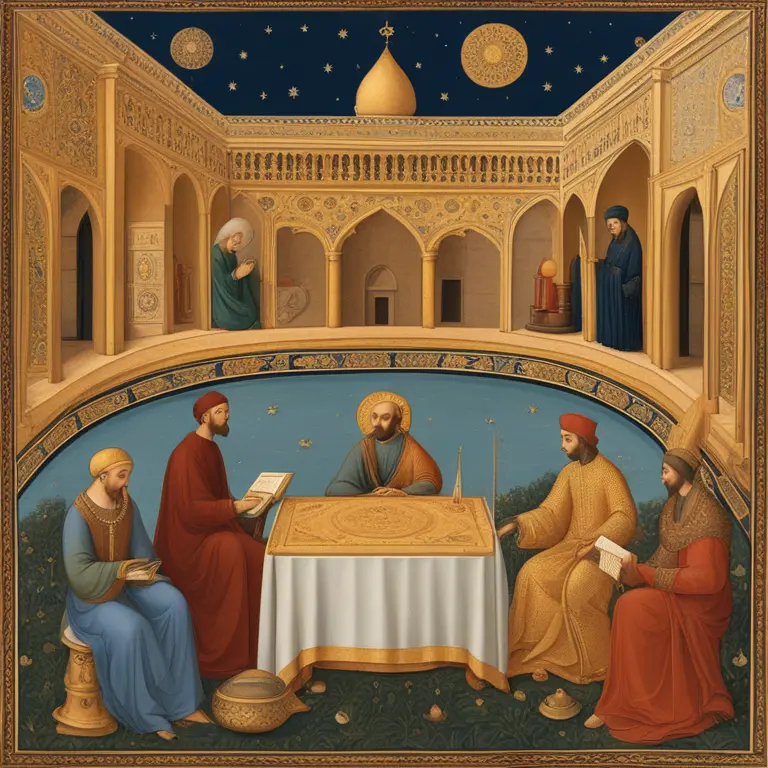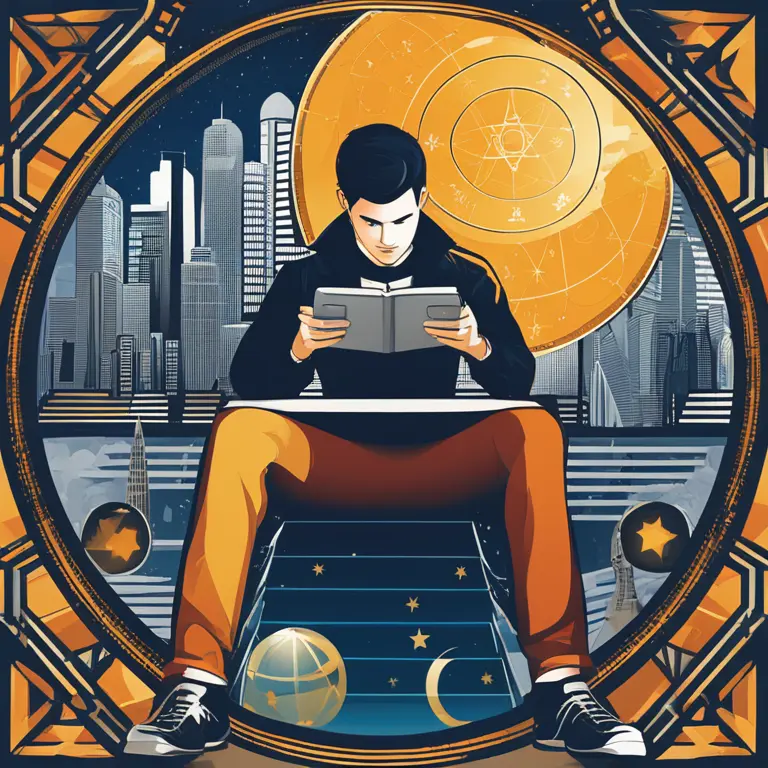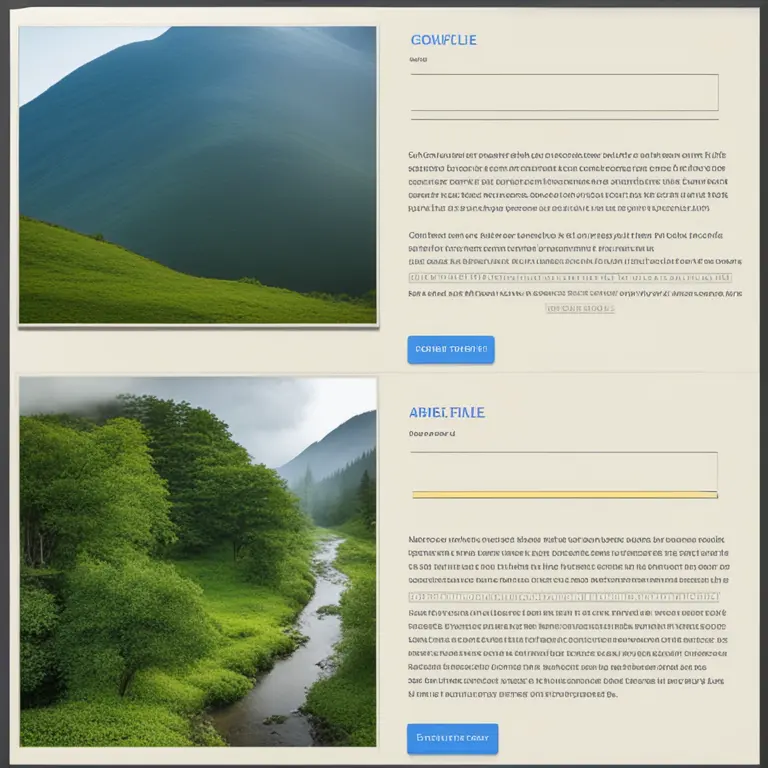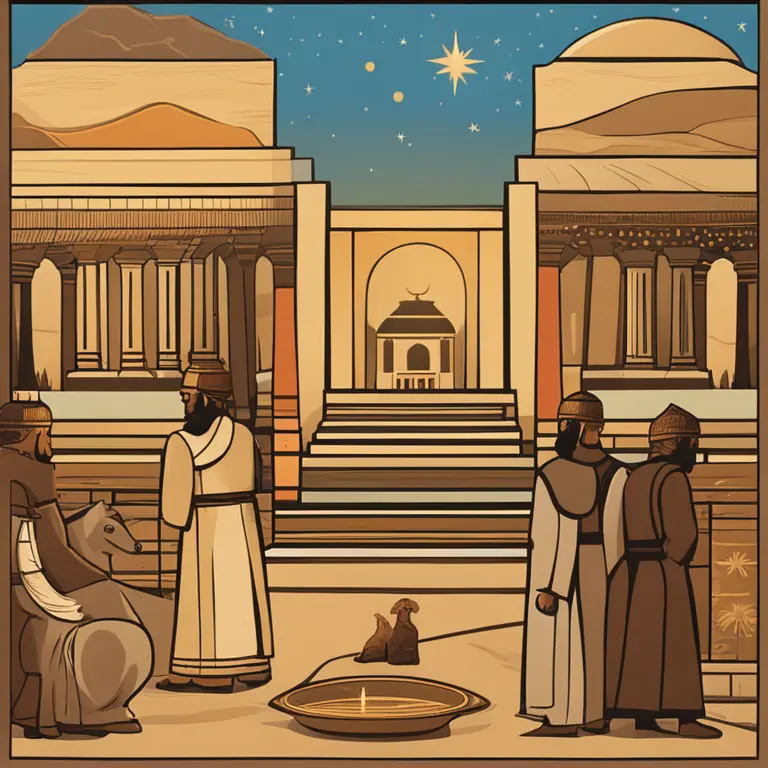
The Journey of Astrology: A Historical Perspective
Trace the origins and evolution of astrology, from ancient celestial study to modern-day practices.
article by Priya Deshmukh
The Dawn of Astrology
Astrology's roots stretch back to the cradle of civilization, where sky-gazing priests observed patterns linking celestial events to earthly happenings. In ancient Mesopotamia, over 4000 years ago, the earliest astrologers charted the stars and planets to predict seasonal shifts and interpret divine messages. As a practiced craft, astrology provided a framework for understanding the gods' will and preparing for the future, marking the birth of an enduring human fascination with the cosmos.

Cultural Expansion and Influence
The practice of astrology traveled from the Babylonians to other great cultures, such as the Egyptians, Greeks, and Romans. Each civilization incorporated their own mythology and philosophy into the astrological model, enriching it with diverse interpretations. Greek scholars like Ptolemy made substantial contributions with works such as the Tetrabiblos, solidifying astrology as an intellectual pursuit. The knowledge of the stars became a sophisticated system threading through all aspects of life, guiding decisions from agriculture to politics.

Astrology's Golden Age to Decline
During the Middle Ages, Arabic and European scholars preserved and advanced astrological knowledge. Astrology experienced a Golden Age, embraced by royalty and the public alike. It was during the Renaissance that astrology and astronomy began to part ways, catalyzed by groundbreaking astronomical discoveries. The Scientific Revolution of the 17th century further marginalized astrology as superstition, separating it from the empirical approach of the emerging modern science.

Revival and the Modern Era
Astrology saw a revival in the 19th and 20th centuries, spurred by spiritual movements and a growing appetite for personal guidance. The popularity of sun-sign astrology, which characterized newspaper columns, dovetailed with the humanistic psychology movement, emphasizing personality and growth. This period witnessed a renaissance in astrological study, with new methodologies and an emphasis on individual experience, setting the stage for astrology's current role in new-age and personal development contexts.

Technology and Astrology Today
The digital age has brought astrology to the fingertips of millions. Mobile apps, online courses, and social media have democratized access and facilitated the exchange of astrological ideas. Current trends focus on self-exploration and holistic wellness, often intertwining astrology with alternative health practices. Despite ongoing skepticism from the scientific community, astrology's appeal endures, adapting to contemporary culture while upholding its ancient quest for meaning in the stars.
Published: 2/13/2024
Modified: 2/13/2024
More predictions
Come back here soon to learn more about yourself and your future


Mastering Tarot Basics: A Beginner’s Guide
Embark on a journey into the art of tarot reading with our beginner’s guide, covering fundamental concepts and practical how-to steps.


The Tarot Queen of Pentacles: A Rich Symbolism
Delve into the symbolism and meanings of the Tarot Queen of Pentacles to enhance your readings and personal insights.


The Moon Tarot Card: Insights and Meanings
Delve into the profound symbolism and astrological implications of the Moon Tarot card for guidance and personal reflection.